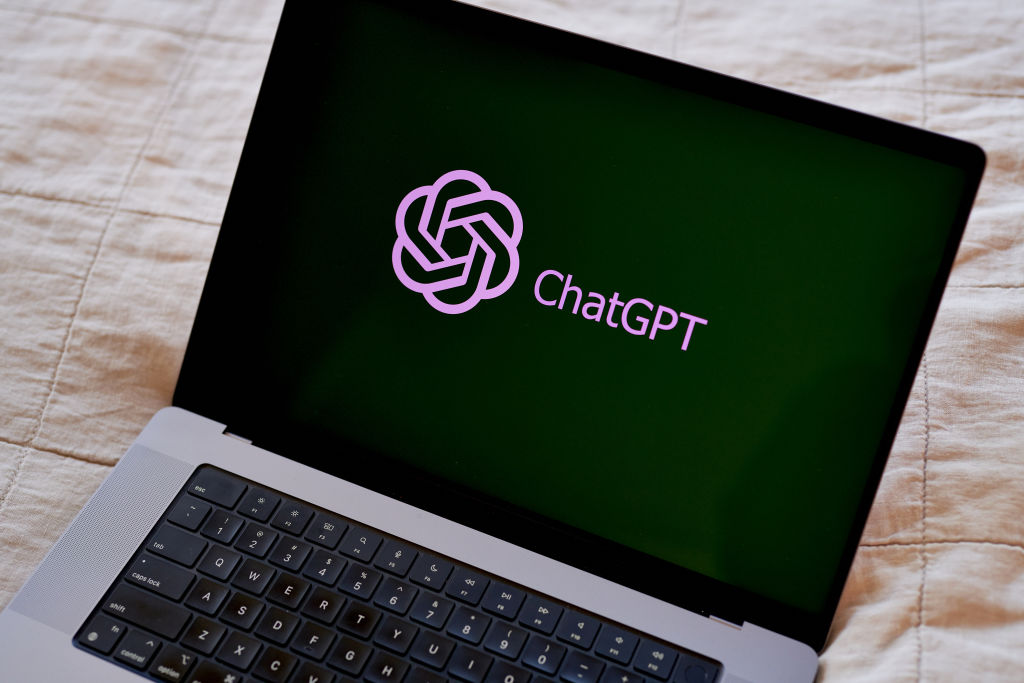
OpenAI, the creator of the widely recognized AI chatbot ChatGPT, has announced a strategic partnership and licensing agreement with the Financial Times (FT), a major news organization based in London. This new alliance aims to leverage FT’s journalistic content for training OpenAI’s AI models and enhancing the functionality of generative AI tools like ChatGPT.
The deal, which is described as more closely knit than previous agreements with other publishers such as German media giant Axel Springer, and newspapers like the AP, Le Monde, and Prisa Media in France and Spain, does not involve any equity exchange between OpenAI and FT Group.
It is a non-exclusive arrangement focused on content licensing, which allows OpenAI to use FT’s content for both training its AI models and incorporating it into AI-generated responses where appropriate.
How Will FT Readers Benefit from the Partnership?
This strategic element of the partnership emphasizes the development of new AI products and features specifically designed for FT readers.
The collaboration also includes displaying select attributed summaries, quotes, and rich links to FT journalism in response to relevant queries in ChatGPT, as stated in the press release. These features are intended to enhance the visibility and reach of FT’s journalism while providing valuable content discovery tools powered by AI.
FT has also adopted OpenAI’s ChatGPT Enterprise product earlier this year and is exploring deeper integration of AI technologies to enhance its journalistic output and subscriber experience. Despite these advancements, there remains a cautious approach to the reliability of automated outputs and their potential impact on reader trust.
John Ridding, the CEO of the FT Group, expressed that the agreement is pivotal for several reasons. It acknowledges the value of FT’s journalism and provides the publisher with early insights into how AI can enhance content accessibility.
He emphasized the necessity of proper compensation and attribution for the use of journalistic content by AI platforms, suggesting that this partnership could have broader implications for the industry, ensuring that AI products contain reliable sources.
Legal Implications and Industry Impact
This partnership comes amidst broader industry challenges, particularly the potential legal liabilities associated with the use of copyrighted content. This issue came to the forefront when the New York Times filed a lawsuit against OpenAI last December, accusing it of using its copyrighted content without a license to train its models. By securing formal licensing agreements with publishers, OpenAI aims to mitigate these risks and ensure a more sustainable model for using journalistic content in AI applications.
Furthermore, the collaboration could also influence the broader media landscape, particularly in terms of how generative AI might alter traditional content consumption patterns and possibly disrupt the use of search engines as primary news discovery tools.
The agreement between OpenAI and the FT not only facilitates financial gains and increased readership for the publisher but also positions the FT to possibly shape the evolving interface between journalism and AI technology. This could potentially be beneficial in terms of adapting to disruptions and capitalizing on new technology-driven opportunities.
In addition, the partnership was announced amid ongoing legal and privacy concerns over the use of AI tools like ChatGPT in Europe, reflecting the complex regulatory environment affecting the deployment of such technologies.
Related News:
Featured Image courtesy of Gabby Jones/Bloomberg via Getty Images
